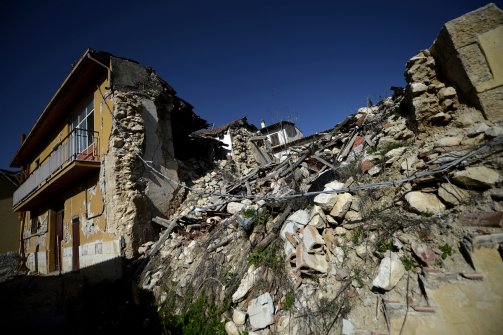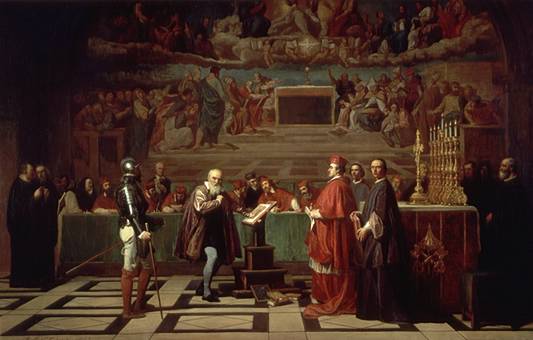Seven members (six scientists and 1 politician) of an Italian commission that assesses major risks like earthquakes have been charged for manslaughter for not adequately informing residents of the potential danger posed by the seismic activity that shook the Abruzzo region for months before the fatal earthquake that killed 309 people on April 6, 2009.
The verdict, released about 1 year ago, alarmed earth scientists worldwide. According to prosecutors, the scientists downplayed the risks of a large quake in L’Aquila, Italy, after a series of tremors shook the city in early 2009. About a year has past after the verdict and new trials are undergoing for the second grade of judgement (and finally a third one).
In the meanwhile the scientific community and public has been talking a lot. The leading scientist Enzo Boschi, former president of Italy’s National Institute of Geophysics and Volcanology, in a letter published in Science today (Boschi, E. 2013. L’Aquila’s Aftershocks Shake Scientists. Science 341: 1451–1451), defends his position defining the sentence as “illogical” and warns that they set “dangerous precedents for the future of the scientific process.”
Those convicted:
- Franco Barberi, head of Serious Risks Commission
- Enzo Boschi, former president of the National Institute of Geophysics
- Giulio Selvaggi, director of National Earthquake Centre
- Gian Michele Calvi, director of European Centre for Earthquake Engineering
- Claudio Eva, physicist
- Mauro Dolce, director of the the Civil Protection Agency’s earthquake risk office
- Bernardo De Bernardinis, former vice-president of Civil Protection Agency’s
Professor Thomas Jordan, director of the Southern California Earthquake Center and professor of earth sciences at the University of Southern California, said that L’Aquila prosecution has been the “trial of the century from a seismological point of view or more generally from the perspective of the scientists involved in public policy and, in particular, risk-communication issues”. How not to fully share professor Jordan point of view?
Read more:
- Italian Scientists Sentenced to 6 Years for Earthquake Statements
- Earthquake predictions and a triumph of scientific illiteracy in an Italian court
- The L’Aquila Verdict: A Judgment Not against Science, but against a Failure of Science Communication
- Indictments Over 2009 Quake Cause Quite a Furor
- Faulty Justice: Italian Earthquake Scientist Speaks Out against His Conviction
- Aftershocks in the Courtroom (Cartlidge, E. 2012. Aftershocks in the Courtroom. Science 338: 184–188).
- Convictions Leave Italy’s Civil Protection in Chaos (Cartlidge, E. 2012. Convictions Leave Italy’s Civil Protection in Chaos. Science 338: 589–590).
- Quake Experts to Be Tried for Manslaughter (Cartlidge, E. 2011. Quake Experts to Be Tried for Manslaughter. Science 332: 1135–1136).
- The Seven Defendants (The Seven Defendants. 2012. Science 338: 185–185).
- Open letter to Giorgio Napolitano, the President of the Republic of Italy, signed by more than 5000 scientists worldwide.

